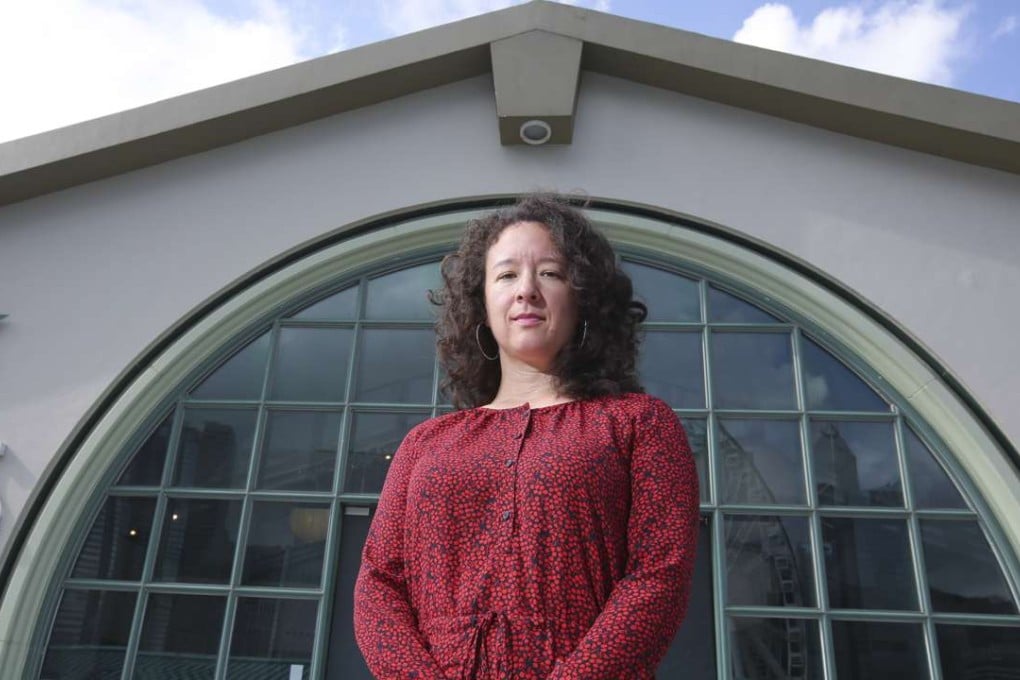Author Leta Hong Fincher explains how term ‘leftover women’ is Chinese propaganda
The writer and journalist reveals how the ‘hogwash’ phrase is exploited in attempt to increase procreation among the young and educated

Songs and pompoms Both my parents were China scholars. My mother, who is Chinese American, is a linguist, and my father, who was white American, was a historian. When I was six, they both got tenure at the Australian National University, so we moved to Canberra, where I spent most of my childhood. My mother spoke Mandarin at home, so when I went on to study Chinese at university, I had a huge advantage.
We made many trips to China, starting in the early 1970s. You couldn’t travel independently then, but a delegation of Chinese Americans was invited to visit after the secret talks between Henry Kissinger and Zhou Enlai that paved the way for Richard Nixon’s visit. My mother got a place on that trip and brought me with her. I was very young, but I still have isolated memories of little children with their cheeks painted red, waving pompoms and chanting songs under big banners saying, “Welcome, aunties and uncles!”
Mud huts and trains I vividly remember a visit to my mother’s ancestral village, outside Xiamen, in 1979. Many people there were named Hong, like us, but they lived in mud huts and were malnourished and stunted. I was 11 and I towered over everybody. But with that exception, I didn’t see the real suffering. People were extremely friendly, and I always felt welcomed and happy there. I loved taking the train – it was such an adventure, and the rice paddies I could see from the window were beautiful. I obviously had quite a romanticised vision of the country.
A good man is hard to find: China's 'leftover women' look for love abroad
Escaping SARS I did a bachelor’s degree in East Asian studies at Harvard, and a master’s at Stanford, and then decided to become a journalist. After a few years, I got a job for Radio Free Asia in Hong Kong, helping to launch their Mandarin language service and reporting on the run up to the handover. Later I moved to Beijing, to become a correspondent for Voice of America. I met my husband, the journalist Michael Forsythe, there, and was pregnant when Sars broke out. It was clear that the government had been covering up the death toll, so I flew to Washington DC to have my baby and we decided to stay there.